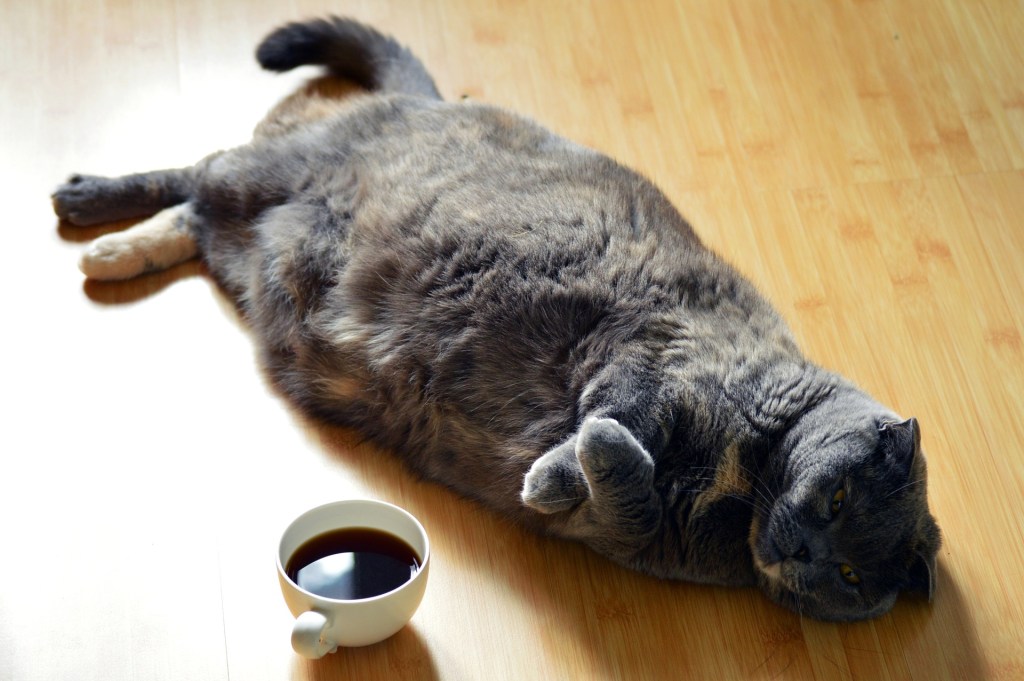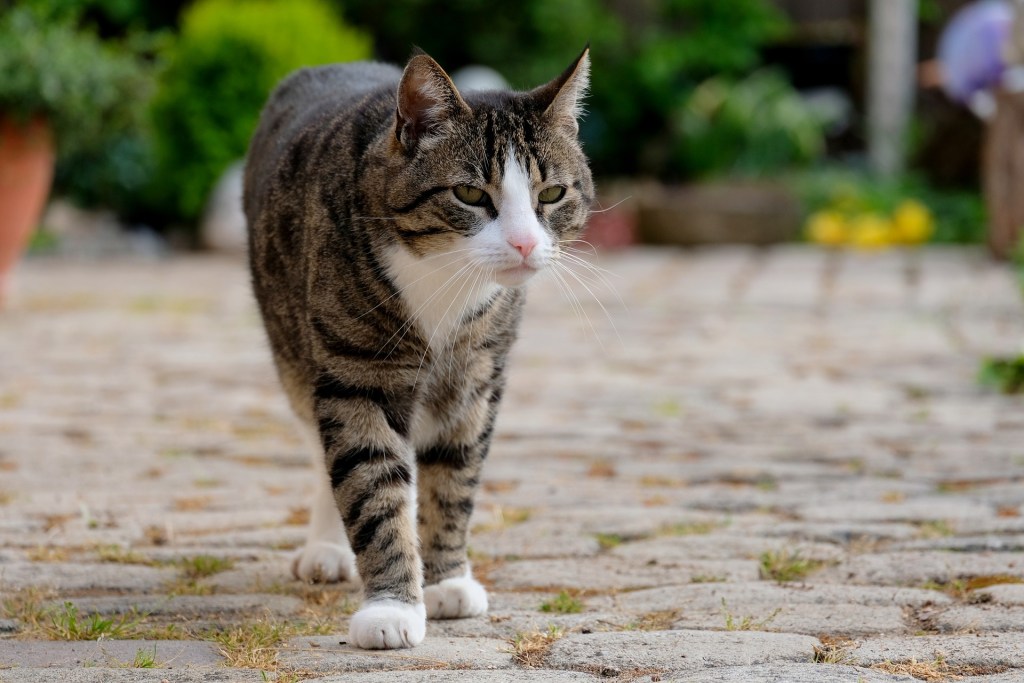Keeping your cat at a healthy weight is an excellent way to reduce his chances of developing related health issues. Cats who are overweight are particularly at risk of health conditions like arthritis, diabetes, and urinary issues. If your cat is underweight and can’t easily gain weight, then issues like diabetes, dental problems, and even kidney disease could be causing the problem. Carefully monitoring your cat’s weight can help you keep your cat healthy and at his ideal weight. If you’re wondering, “How heavy should my cat be?” then it may be time to get out the scale, weigh your cat, and have a conversation with your vet.
Why weight management is important for cats
Your cat’s weight closely relates to his health, and monitoring his weight is one way to check his condition. Your vet will take your cat’s weight during each appointment, but he might also recommend that you weigh your cat at home, especially if your cat is growing, is overweight, needs to gain weight, or is recovering from an illness.
Monitoring your cat’s weight can help you identify if he might be experiencing health issues or need dietary adjustments. When you know if your cat has gained or lost a little weight, you can make those changes early on, before the weight becomes a larger problem. Changes in your cat’s weight might also indicate appetite changes and potential health issues, so you can get your cat to the vet right away before those issues have time to get worse.

What is a healthy weight for a cat?
There’s no one healthy weight for a cat since that ideal weight will vary depending on your cat’s breed, size, and even age. You’ll need to consider what’s right for your individual cat.
You can rely on some signs that your cat is too thin to help guide you. When you run your hands along your cat’s ribs, just behind his front legs, you should be able to feel the ribs easily, but they shouldn’t feel sharply bony. If you have to struggle to find the ribs a little, then your cat is probably overweight. If the ribs are prominent and it feels like there’s almost no flesh on top of them, your cat is probably too skinny.
Your vet can also use a body condition score system to evaluate your cat’s weight and give you some guidance about any changes you might need to make.
How heavy is too heavy for a cat?
If your cat is overweight, you might have trouble feeling his ribs behind his front legs. When looking down at your cat from above, an overweight cat might lack definition and a tapering body shape. You might even notice that his stomach extends well out from his body, which can indicate that your cat needs to lose some weight. Again, your vet can help you identify whether your cat is overweight and how much weight he needs to lose.

How to manage your cat’s weight
If your cat needs to lose or gain weight, you’ll need to make some diet changes, and you might have to change his lifestyle, too. Cats who need to gain weight may benefit from a higher-calorie food or possibly from a change to a new food brand or flavor that they like more. Adding food toppers can also encourage picky eaters to finish their meals.
Cats who need to lose weight may have to be fed less, or they might need to be changed over to a lower-calorie food. Eliminating treats from the diet can help, and encouraging exercise by playing with your cat several times a day is also a good option.
Monitoring your cat’s weight can be tricky, especially since there’s no one formula or key target weight to work toward. It’s important to involve your vet, who can provide you with advice that’s specific to your cat. Your vet may also want to run some tests to determine whether there may be physical factors contributing to your cat’s weight issues. Often, though, with time and careful lifestyle and diet changes, you can help your cat get to and maintain a healthy weight. In doing so, you’ll be helping to keep your fur baby healthy and even reduce his chances of developing serious health issues.
Editors' Recommendations
- Wondering why cats chirp? Fascinating reasons why your cat chirps at birds (and you)
- How to cat-proof your balcony before the unthinkable happens
- There’s a totally normal reason cats throw up after eating grass – here’s why
- Why doesn’t my cat meow? Here are 5 reasons why your feline friend is silent
- Is your cat hissing and growling a lot? These 5 tips will work wonders on your feline friend



